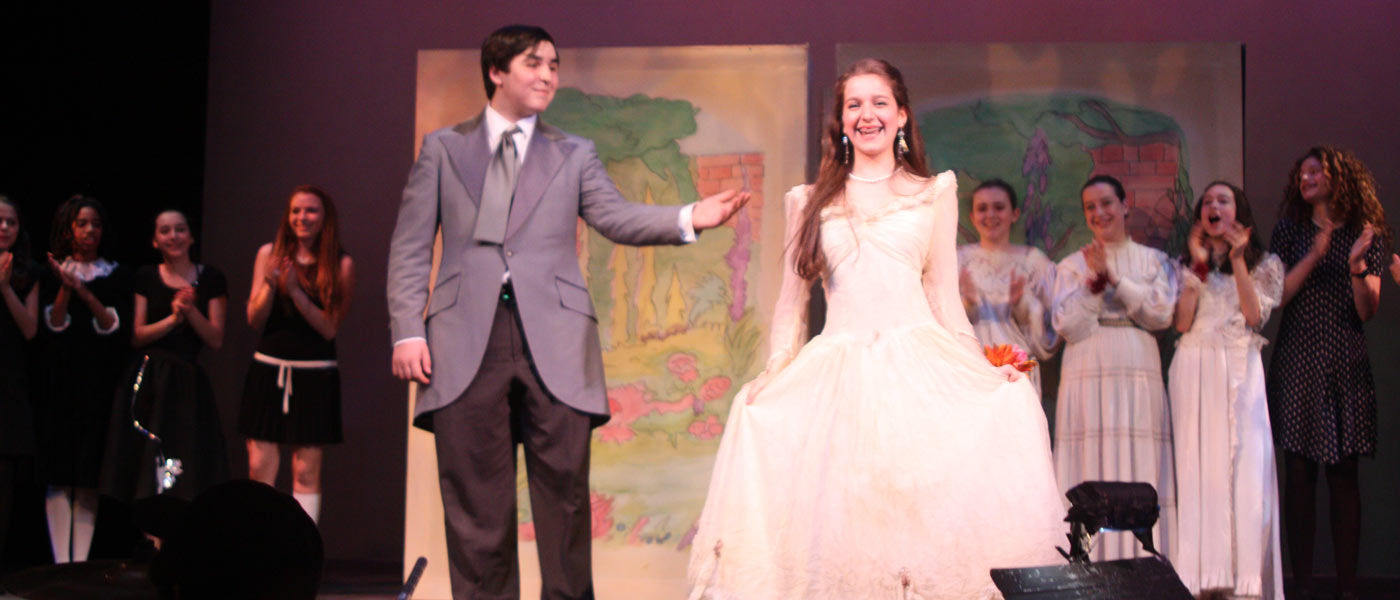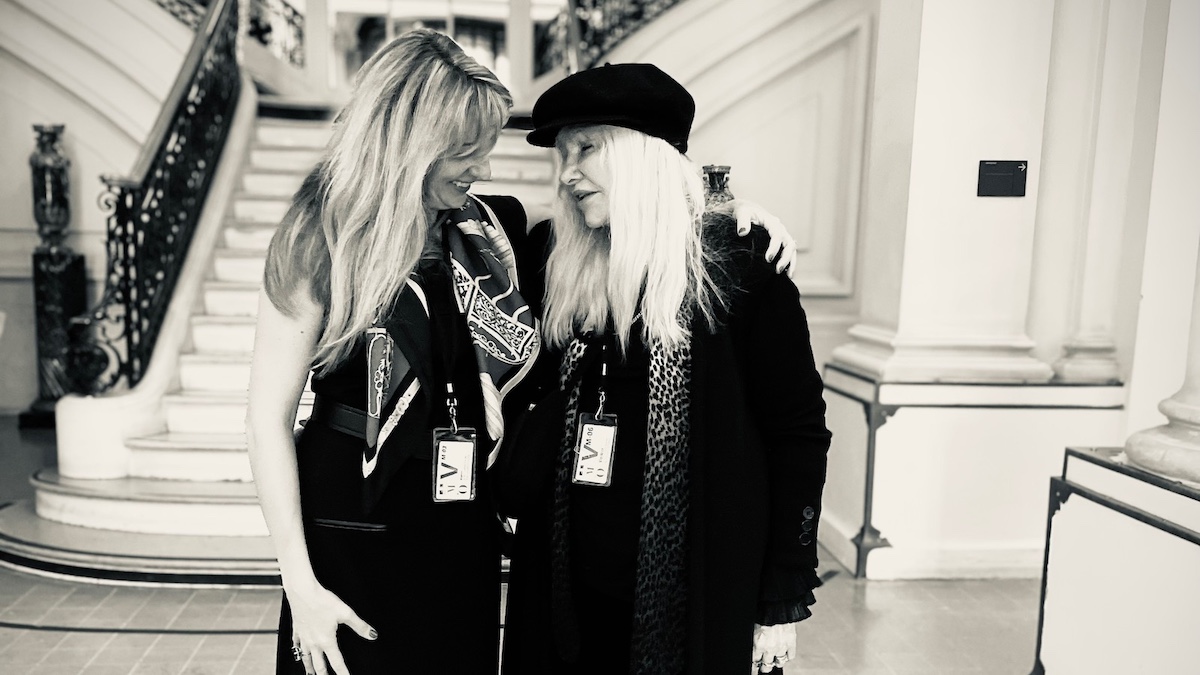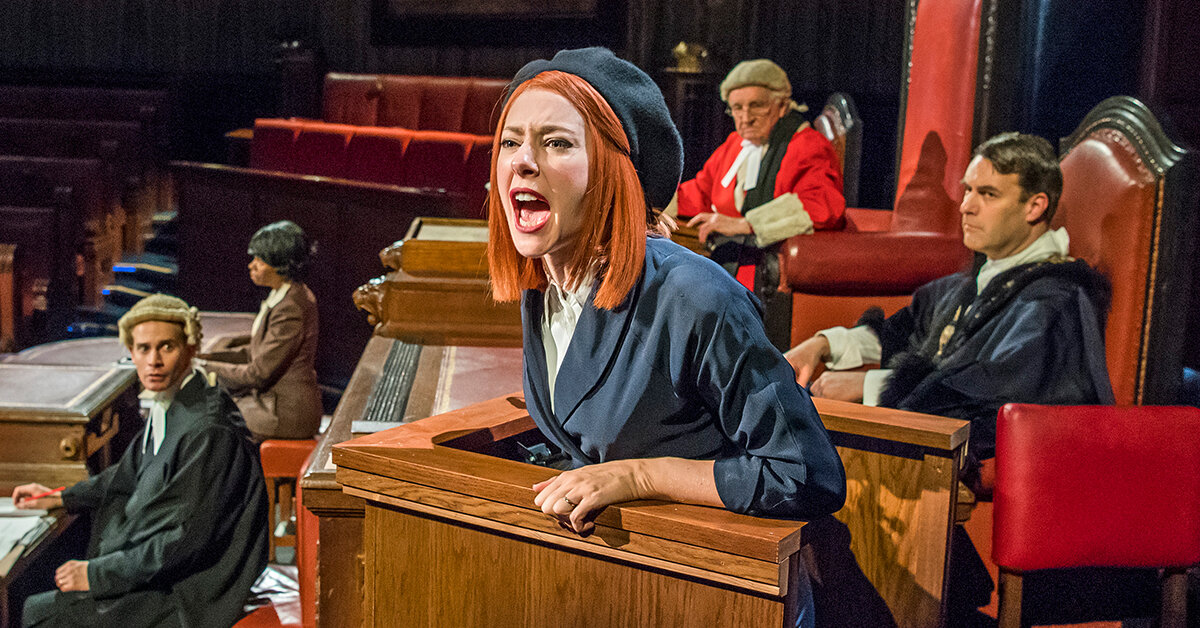
The Secret Garden is the perfect musical to direct at a middle school level, and I was fortunate enough to produce this show with 7th and 8th graders at the Ethical Culture Fieldston School in 2012. Based on the timeless classic novel by Frances Hodgson Burnett, this is a musical show with a strong female lead, who we discover through music and text is a force of nature. It’s rare to find musicals with a female lead at all, but especially one that’s age appropriate for middle school. Beautifully captured by Marsha Norman’s lyrics and book as well as Lucy Simon’s music, The Secret Garden tells the story of the transformation of Mary with the garden as its parallel. I love that students can identify with the tween/teen characters of Colin, Dickon, and Mary each navigating their way through the maze of adolescence and childhood. Ms. Simon and Miss Norman use the metaphor of the garden and the maze as a backdrop for the transformation of Mary Lenox from a sullen child to a compassionate young woman.
I remember the first time I read The Secret Garden, I was immediately struck by the strength Mary Lennox. When I was asked to write this article, I began to think about the musical in relation to the many other shows I have directed over the years and why it stands out as such as so special. The first thing that comes to mind is the very limited resource of shows that speak to a middle school actor. Even more rare is a suitable show that centers around a female heroine. From the first moment we meet Mary in the opening of the show, we know that she is a strong and powerful but lonely child. She is the only one in the household who survives a cholera epidemic. She does not cry when she finds out her parents are dead and sits stoically on the train journeying to her new life with a stranger. She is empty and disconnected.
As she begins to work in the garden, it’s as if her broken heart begins to mend and she discovers her strength. In “The Girl I Mean To Be” song, she clearly lays out for the audience the self-awareness she has gained thus far and what she needs to do to complete her journey. This song holds so much impact for a middle school girl. In the song, Miss Norman writes, “I need a place where I can go, where no one says to stay or go, where I can take my pen and draw the girl I mean to be.” The lyrics tells its listeners that they have control of writing their own story. Imagine hearing that as a 13-year old girl? Having control of your destiny is a powerful tool to know you have, to make your own choices about the kind of life you want to lead and the person you want to be.
In the Spring Version, which is geared towards middle school students, there will be a group of readers who serve as a Greek chorus of sorts. In our version they were all female and dressed in clothes from different decades. This was meant to illustrate the timelessness of the story and how this musical is relatable to any young person. This is just one of the reasons this show is timeless.
Another strong theme in the show is family. Throughout the show we see the use of Mary’s parents, her Ayah (her nanny) and Colin’s mother as “guides,” throughout the story. It’s as if they are leading the living characters towards each other.
At the end of the show, Mr. Craven, Mary and Colin, the ones who have been left behind, are together in the Garden. The final tableau is like a family portrait. Of course, Dickon, Martha and Ben are the extended family. Being able to see a non-traditional family on stage is another way that the story is still so relatable. As the traditional family model has expanded, it is good for young people to see this more. So many times, families today don’t look the way they have traditionally been portrayed in theatre.
I feel so fortunate to have had the opportunity to work on a show that has so much impact on young people. It has proven to be a timeless story and has held its own in the canon of musical theatre. It certainly was ahead of its time in terms of advancing women’s roles in theatre and the portrayal of families. The story was enhanced by the work of Ms. Simon and Miss Norman and taken to the next level. I look forward to seeing it produced by more middle and high schools in the future.
To learn more about the 2018 Samuel French Awards, click here. To license a production of The Secret Garden (Spring Version), click here. To purchase the script, click here.

Kate Chopin in New Orleans: Mother-Daughter Author Duo Collaborate on Historical Book

Heathers The Musical: 10 Facts for 10 Years

